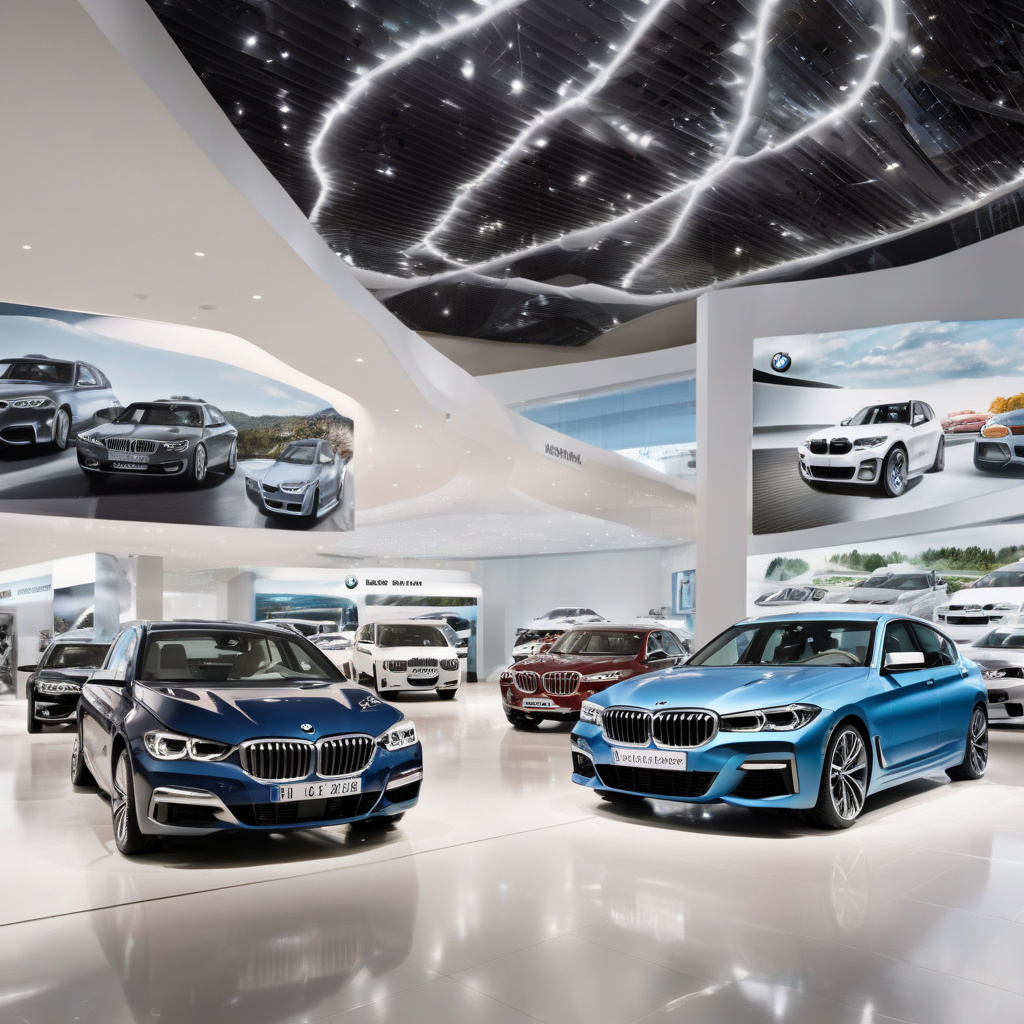In a surprising twist amidst the electric vehicle (EV) revolution, BMW has decided to invest in internal combustion engines. This move comes at a time when the EV market in the U.S. seems to be on a rollercoaster ride, with fluctuating consumer interest and government incentives.
Despite the global push towards electrification, BMW’s commitment to internal combustion is evident in their sales figures. Currently, 17 percent of BMW sales in the U.S. are electric vehicles, with an additional 7 percent being hybrids. This demonstrates that there is still a significant demand for traditional combustion engine vehicles, prompting BMW to continue investing in this technology.
While the shift towards EVs is undeniable, BMW’s decision highlights the importance of catering to diverse consumer preferences. By maintaining a balance between EVs and internal combustion engines, BMW can effectively address the varying needs of consumers in the market.
Moreover, investing in internal combustion engines does not necessarily mean neglecting EV development. BMW’s strategy likely involves leveraging profits from their internal combustion vehicles to fund R&D for future EV innovations. This dual approach allows BMW to stay competitive in both the traditional and electric vehicle markets.
The EV “rollercoaster” in the U.S. serves as a reminder of the dynamic nature of the automotive industry. Consumer preferences, government policies, and technological advancements all play a role in shaping the market landscape. By investing in both EVs and internal combustion engines, BMW is positioning itself to adapt to these changes effectively.
In conclusion, BMW’s decision to invest in internal combustion engines amidst the EV wave showcases a strategic approach to meet the diverse demands of the market. By balancing their portfolio between traditional and electric vehicles, BMW is poised to navigate the uncertainties of the automotive industry while continuing to innovate for the future.

